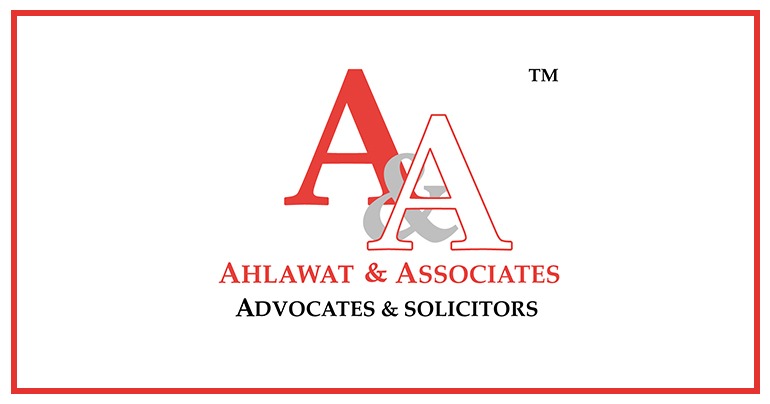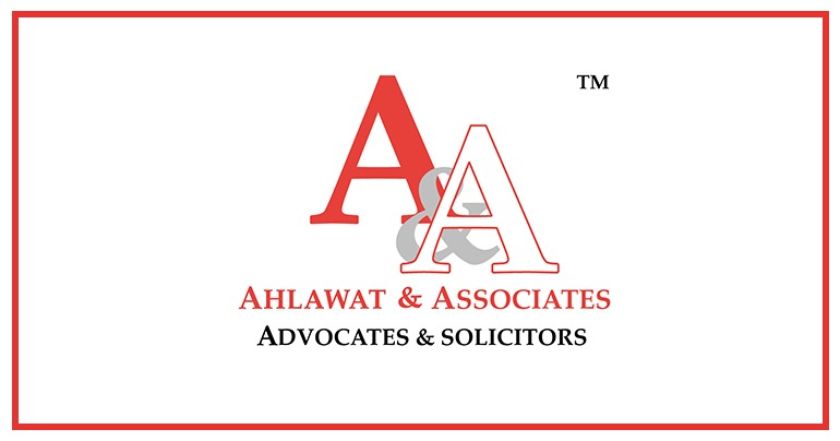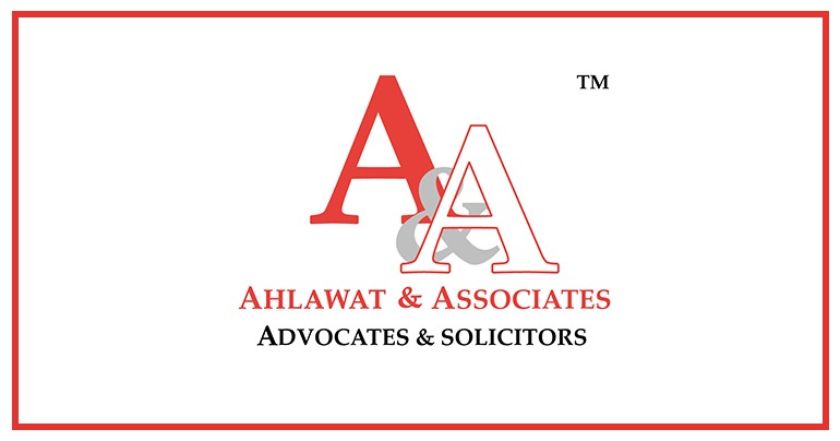
 A&A
A&A
 October 21, 2022
October 21, 2022
The Delhi High Court vide judgment dated October 12, 2022, in the matter of Allergan Inc and Anr v Controller General of Patents Designs and Trademarks and Anr and Bridgestone Corporation v Controller General of Patents Designs and Trademark and Anr, interpreted the scope and applicability of Section 36E (International registrations where Indian has been designated) of the Trademarks Act, 1999 (“Act”). The Delhi High Court clubbed the aforementioned writ petitions (since both the cases pertained to interpretation of the same statutory provision) and pronounced a consolidated judgment on the issue.
The Controller General of Patents Designs and Trademarks (“Respondent”) published two international trademark applications for the marks JUVERDERM and AMBERSTONE in the Trade Marks Journal, subsequent to which, the applications were open for opposition (by third-parties). Allegran Inc. and Bridgestone Corporation (“Petitioners”) separately filed their oppositions against the trademark applications. Subsequently, the Respondent issued a suo motu order stating that due to technical glitches, the provisional refusal could not be sent to the international bureau of the World Intellectual Property Organisation (WIPO) within the prescribed time. Therefore, the international applications seeking trademarks in India were deemed to be protected marks [as is a requirement provided under section 35E (5) of the Act] thereby abating the opposition application by the Petitioners.
The Petitioners filed a writ petition in the Delhi High Court claiming violation of principles of natural justice by the Respondent owing to non-consideration of the oppositions filed by the Petitioners against the international applications and for according statutory trademark protection to such marks.
Basis the submissions made by the Petitioners and upon interpretation of the relevant provisions, the Delhi High Court held that :
(a) Upon a bare reading of section 35E of the Act, the deeming provision (as provided under sub-section 5) does not apply to situations wherein an opposition is filed for an international mark. The court distinctively indicated that the International Bureau is supposed to be informed within a period of 18 (eighteen) months of the ‘acceptance’ of such mark.
(b) The Respondent has applied the provisions of Madrid Protocol [which states that the ‘refusal’ of a mark is to be communicated to the International Bureau within 18 (eighteen) months, failure of which would lead to the deemed extension of protection to the trademark] without having regard of the aforementioned provisions of the Act. The Court pronounced that as there is no ambiguity in the wording of the relevant provisions of the Act and that all international applications would be dealt with in accordance with the provisions of the Act.
(c) The Court held that the offer by the Respondent to the Petitioners of converting the oppositions to cancellation applications is not appropriate owing to the fact that in case of opposition proceedings, the onus lies on the applicant (which of the trademark application), whereas in case of rectification proceedings, the onus is on the applicant seeking rectification of the trademark registrations.
The Court set aside the orders (of dismissal of the oppositions by the Respondent) and further suspended the protection granted to the trademarks until the oppositions (initiated by the Petitioners) were adjudicated upon and resolved.
J. Naveen Chawla further stated that in order to achieve ‘Ease of doing business in India’, it is important that such negligence does not take place on the part of the Respondent. In furtherance to the grave nature of the matter, the Court also forwarded a copy of the order to the Ministry of Commerce and Industry for the purpose of issuing proper instructions/ directions in order to ensure that such irregularities not take place which may lead to the embarrassment of the Indian administrative and judicial system.

The Ministry of Electronics and Information Technology have notified three Grievance Appellate Committees under the Information
View More
The state of Chhattisgarh has notified the Chhattisgarh Gambling (Prohibition) Act, 2022, replacing the erstwhile statute -
View More
The draft Digital Personal Data Protection Bill, 2022 (“DPDP Bill”) was published for inviting comments from the public and stakeholders
View More















 Cookies Consent
Cookies ConsentWe use cookies to help you navigate efficiently and perform certain functions. You will find detailed information about all cookies under each consent category below. Read more...
 Cookies Consent
Cookies ConsentWe use cookies to help you navigate efficiently and perform certain functions. You will find detailed information about all cookies under each consent category below. Read more...

